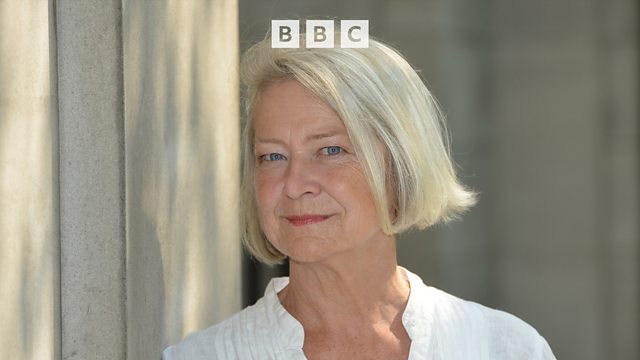Anti-Lockdown Protests Hit The Netherlands
Riots in The Netherlands, polarised elections in Chile and The Philippines, plus a threatened community in Cyprus, and helping Afghan refugees in Abu Dhabi.
History has long seen people protest against government-imposed restrictions, designed to stem pandemics. Meanwhile, opposition to vaccination is as old as vaccination itself. Yet anyone who thought rioting in the face of disease was something consigned to the distant past has had a rude awakening this week. There have been violent protests in Austria and Belgium in response to new Covid-related restrictions. However. the most bitter street battles were seen in The Netherlands, where police at one point fired live rounds. Anna Holligan was there.
Ever since the coronavirus first appeared, it has caused social division: between those in favour of and against lockdown, or pro and anti-vaccination, and also between those able to carry on working and those who could not. Yet these splits came at a time when many believe the world was already increasingly polarised, and there were signs of that in Chile this week, where the first round of presidential elections were held. Centrist candidates were eliminated, and the two front runners who got through to the next round are a man who defends some aspects of the military dictatorship let by General Pinochet, and another whose critics accuse of having Communist leanings. Jane Chambers says this has happened partly because many Chilean voters seem to have their minds on the past.
While Chile may be split along political lines, the split in Cyprus is geographical. Turkey invaded the island in 1974, leaving it divided between a mainly Turkish speaking part, and one where most are ethnically Greek. However, Cyprus has a third, far smaller community: Maronite Christians, whose ancestors arrived from the Middle East many centuries ago. Adelle Kalakouti grew up in one of the Maronite Christian villages, and says their future is now at risk.
Plenty of autocratic leaders have attempted to hand over power to their children, but The Philippines seems to be taking this one step further; two politicians' offspring are attempting to win power on a joint ticket. Presidential elections will be held in The Philippines next year, and one man who has just announced his candidacy is Bongbong Marcos, son of the country鈥檚 former dictator, Ferdinand Marcos. Meanwhile, his running mate, standing for Vice President, is Sara Duterte, whose father, Rodrigo Duterte is The Philippines current President. Howard Johnson has been trying to understand why these family familiars remain popular.
When the writer, Tishani Doshi accepted a temporary academic post in Abu Dhabi, she did not expect to end up helping refugees there. But Abu Dhabi has taken in more than eight thousand Afghans, who fled when the Taliban took over their country. One day, Tishani got a call, asking if she could lend them a hand.
Podcast
-
![]()
From Our Own Correspondent
Insight, wit and analysis as 大象传媒 correspondents tell stories beyond the news headlines.


